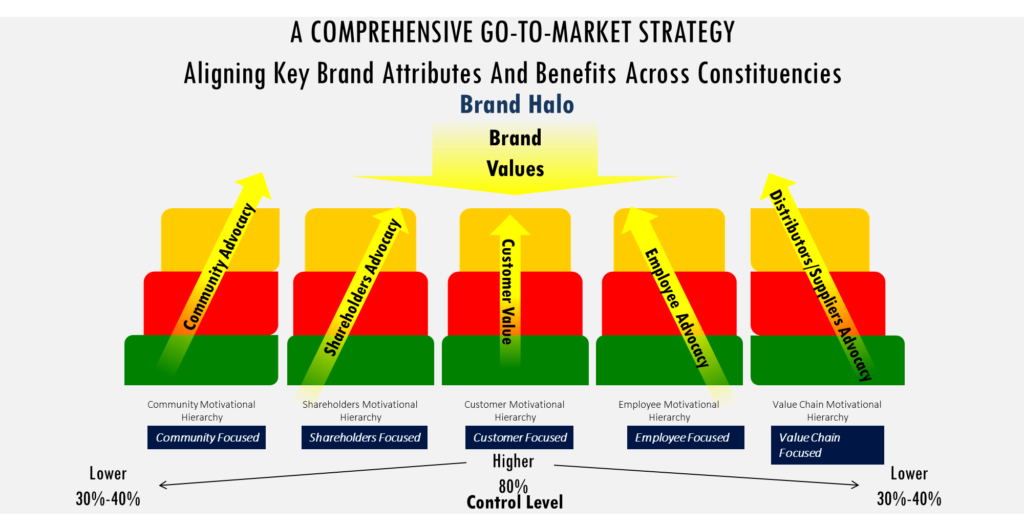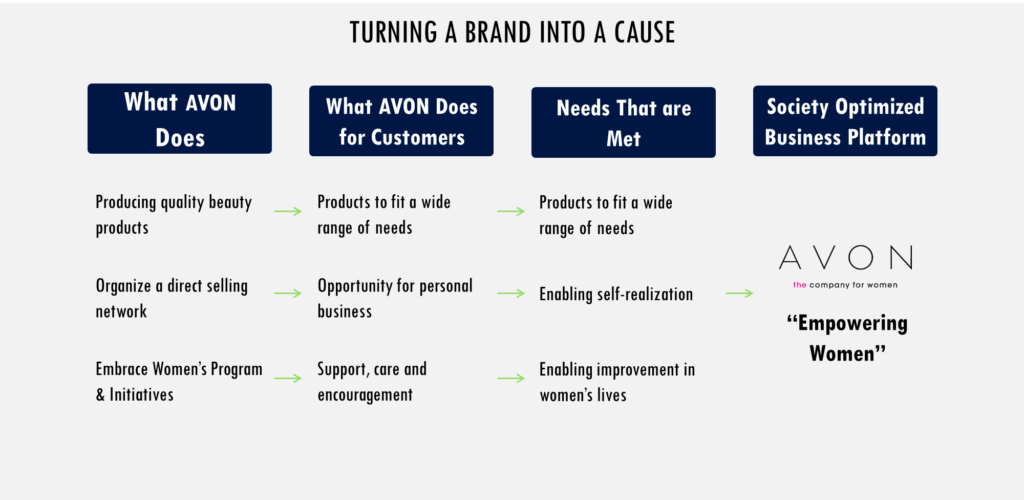Implementing Corporate Social Responsibility
These days, companies are becoming increasingly concerned about corporate social responsibility (CSR) and the role of the company in the community. Some companies do it because they believe they can and should have a more positive role in society, while others see it mostly as a defensive move in the event something goes wrong within the operation of their business in the future; they can then fall back on the defense that they have been good corporate citizens. The first motivation might sound better than the last, however, corporations are more responsible and involved in the communities where they operate and sell their products and that’s a truly positive thing.
In most cases, company management will get excited about this new sense of social activism and go on to develop some sort of corporate manifesto or mission statement that describes their noble intent… and then that’s the end of it. That’s too bad because when they don’t integrate a corporate social responsibility strategy into the overall growth strategy of their business they miss a real opportunity. Others are more committed and determined not to have just a flowery statement on their lobby wall. Those make a more determined effort to make social responsibility an integral part of business and how they work with external suppliers (i.e., Starbuck’s Fair Trade coffee initiative) and with their employees (i.e., Coca-Cola lending employees to work with the United Way charity in local communities) and in other operational aspects of the business.
CSR must be relevant
This is all very good and some consumers will actually recognize that noble effort and buy the company’s products to demonstrate their support for those higher ideals. But usually not. Consumers will buy a product for the same reasons they have always bought a product – because it adds meaningful value to their lives. For most consumers, this is a pretty direct transaction. Unless the CSR efforts of a company can actually affect the consumer’s perception of value, CSR should not be imposed on the brand strategy just because it is perceived by management to be the right thing to do. In fact, CSR should not be imposed on any area of the business unless it can be determined that such activity will positively affect the business itself through better employee acquisition and retention, good local government relations, etc.
That doesn’t mean that a company shouldn’t operate with integrity and comply with all applicable regulations and laws – it absolutely should. But most of all, businesses can and should do good things for their communities, the environment, and their employees because it is in their business interests to do so. It saves the company money if it operates with greater efficiency. It saves the company money if it retains employees longer and those employees are happy, and it can even make more money if those employees are so motivated that they develop new products and ideas that take the business to a whole new level.
Corporate Social Optimization
But even more effective is when a business becomes involved in activities that not only benefit society but are also directly related to what the business does at its core – provide customer value. We call this CSO (corporate social optimization) because when a company can optimize its CSR activities to directly add value to its brand, that company is much more likely to stay in business and continue doing good things. Doing good can be good business – the two do not have to be mutually exclusive.
Most of the time, a company’s Corporate Social Responsibility activities, or even upgraded to CSO, will affect the bottom line, but they seldom have a major effect on the top line – driving new customers to the brand or getting existing customers to buy more. Customers will become increasingly aware of the role of the company in society and over time their positive feelings about these companies may translate into purchase decisions, but it will be a slow build and marketers have to be extremely careful about how they communicate these social values to consumers for a potential long-term payout when they need to keep their eye on the short-term goal of driving meaningful brand benefits to produce sales revenue today.
Integrated values
Feeling good about the brand you are buying and consuming is certainly an emotional benefit, but as we know different brand benefits must be linked to one another, otherwise the brand will become inconsistent with certain aspects being completely unrelated to others. Simply plopping down an emotional experience related to a company’s CSR activity on top of the differentiating functional benefits of your brand will probably not be effective and as a result, you and your team will tend to focus only on the lower-level functional benefits due to the very real need to drive volume today. But the brand will become weaker because its functional benefits have not reached the level of an emotional experience.
Values related to how the company does business in the community (global or local) and how it treats its employees can have an impact on brand-benefit areas such as trust and continuity, for example, but it typically is not so directly related to the emotions flowing out of the functional benefits of the brand.

AVON, the cosmetics company, sells cosmetics and beauty products as well as uses a direct selling model to offer women the capability to take more control over their own financial situation via their ‘own’ business – being an AVON representative. But AVON has taken the idea of women’s empowerment one step further into the social responsibility sphere through their sponsorship and support of programs that affect the wellbeing of women. So when an AVON representative sells lipstick or skin creams to a customer, she is not only improving her own situation, she knows she is also impacting the lives of women in a much broader sense. And the customer knows it as well. And this increases AVON’s brand value.

Choose the right CSR for your business
So, the question is not whether or not you should become more involved in making a positive impact on the community and on the lives of your employees – of course, you should. The question is how you choose to do that so that it also positively impacts business results. You must understand how social activism can affect your brand and also recognize its limitations. As with everything else in marketing and brand communications, the answer to what can and cannot affect brand value lies with the customer.



